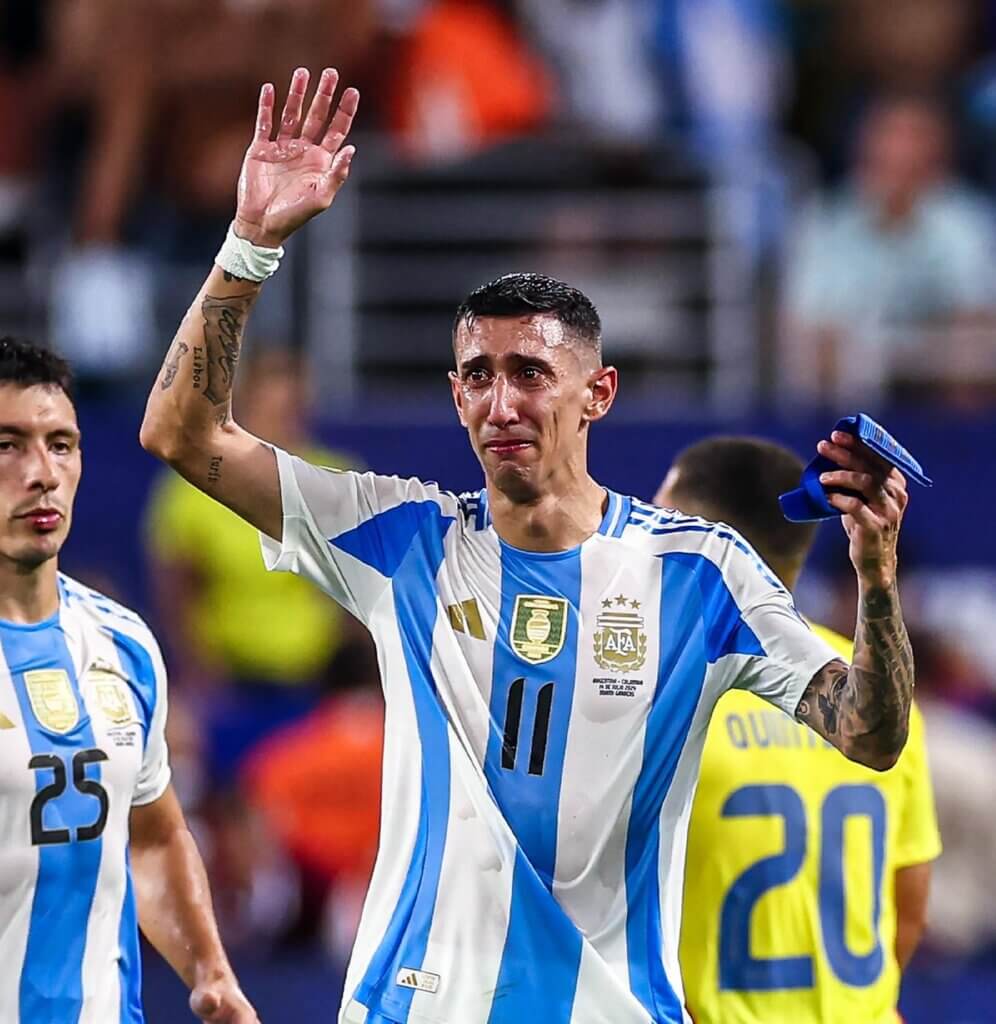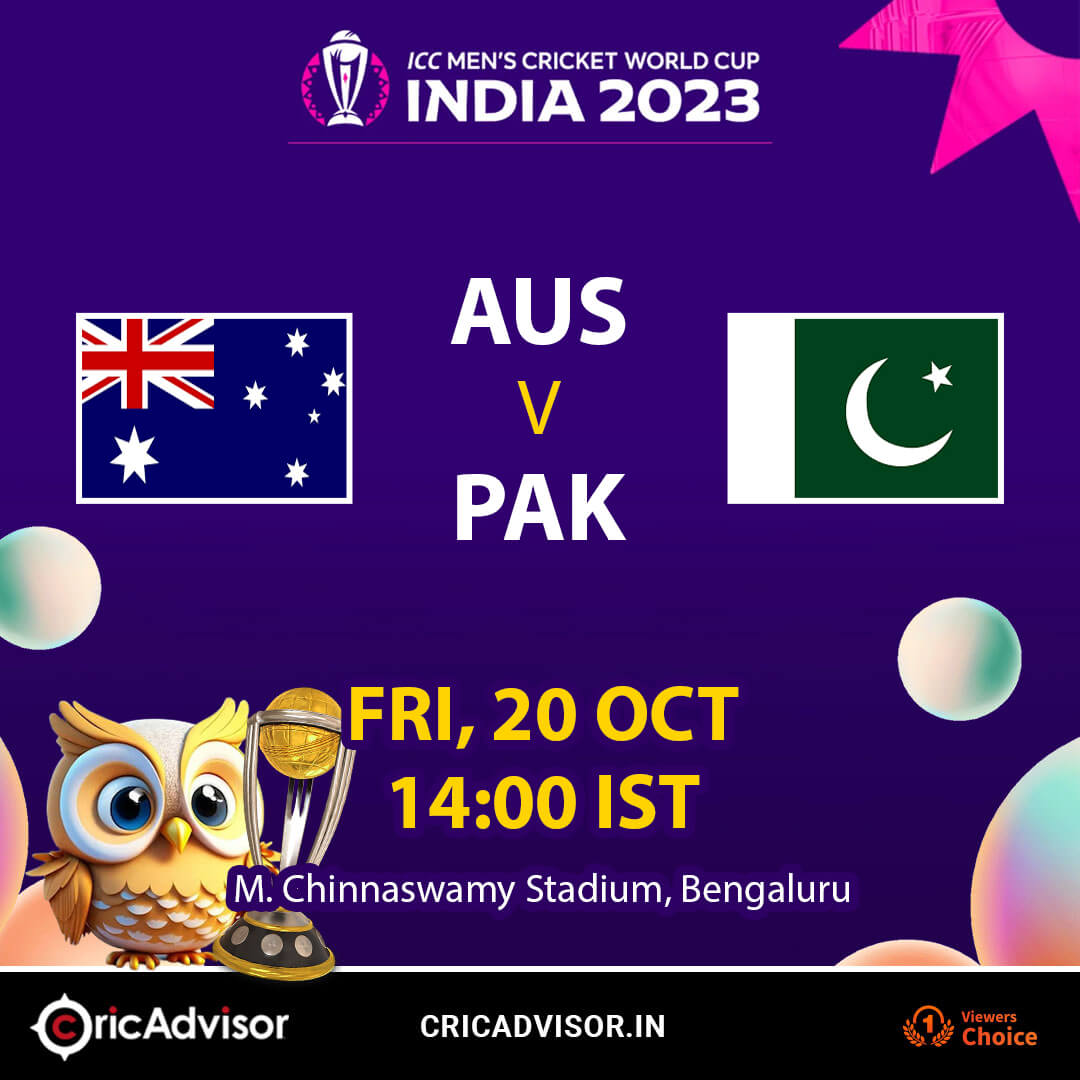
A concerned Shubham Sharma nine months ago. His Madhya Pradesh side had just won their first Ranji Trophy, and he had nothing to wear to the celebration other than a flowery blouse and a pair of shredded black pants. His friend was worried that their head coach, Chandrakant Pandit, wouldn’t approve of their outfit because of how stylish it looked. Even though Shubham won the match’s Player of the Match award, he still had to worry about getting in trouble for violating Pandit’s strict code of conduct.
Pandit, on the other hand, had not issued any such directive concerning attire. After three months as a team, the players had internalized the concepts of discipline, mostly via the use of fear.
The players cited its usefulness.
They were bonding in the most conventional way possible: through meals and conversation around the table rather than, say, hiding behind their phones late at night.
Pandit’s frequent use of the mantra “respect the game” serves as a guiding concept for his tactics. Nitish Rana, the stand-in captain for KKR, is amused by his old-school coaching philosophy, which he has successfully implemented throughout his coaching career in Indian domestic cricket and which he has now taken to the IPL with a rather hands-on approach.
I’m looking forward to the season, Rana remarked on Friday in Mohali, before KKR’s first game of the year against Punjab Kings. As an Indian, I can speak for my team when I say, “Chandu Sir, our new coach, his theories fit with players like us — those who play a lot of local cricket and (not much) international cricket.”
“He stresses immensely on discipline. For example, no one is allowed to be late,” Rana says of Pandit’s methods in the KKR camp. “A lot of times the overseas players tend to oversleep (during their early days in India) because they struggle to adapt to the time zones quickly, but he has ensured that no one is allowed to be late. The bus will leave at a specific time.”
The simple things that we used to do when we first started playing cricket but somehow forgot about are now enjoyed by even our international players. Chandu Sir is always harping on us about that.
Shreyas Iyer, who may join the group later in the tournament and lead the side, is unlikely to be startled by Pandit’s approach because he has watched him play cricket since he was in the age group and was even tutored by Pandit in his early days of senior cricket.
Concerns remain about whether his methods will last over the course of two months with a team of high-profile players who are not likely to be pushed and fueled by fear. While Rana is confident that the international players are enjoying his methods at the moment, their success may not have been built on a shared set of values, and they may be hesitant to relinquish control of their pre-match rituals to someone else.
Pandit’s dominance is not limited to the sidelines, either.
As a coach, he is widely regarded as the team’s top decision maker, and the Kolkata Knight Riders, especially without Shreyas Iyer, appear to be one of the worst teams in the tournament, with Rana serving as their most low-key captain.
This is hardly the best situation for a team to be in going into the tournament, but Pandit has had success in similar roles before in Mumbai, Vidarbha, and Madhya Pradesh, controlling the reins of a middling side and imposing his principles though not the most high-profile captain.
His techniques, which he learned from cricket legends Vinoo Mankad and Ramakant Achrekar, have been the foundation of his current run of success and have earned him a kind of cult status as a coach that is rarely seen in the sport.
Pandit’s reputation as a red-ball coach predated his success in white-ball cricket, raising questions about the legality of his appointment as head coach of KKR, the revolutionary team that made new-age T20 tactics mainstream to the point of OD-ing on it in the IPL.
It’s not like Pandit is afraid to try new things; he promoted Umesh Yadav to open the batting for Vidarbha in the Syed Mushtaq Ali Trophy, so a similar move by KKR wouldn’t be surprising. However, Pandit will be up against more experienced coaches who have already mastered the use of advanced data analysis and tighter control over their teams.
Pandit’s ascent to head coach of an IPL team based solely on his domestic success is unknowingly part of a larger experiment. While the format has flourished and the IPL itself has matured, Indians haven’t been the most sought-after candidates to head coaching groups.
His performance, or lack thereof, may now determine the fate of many who have waited patiently in these coaching groups as assistants for ten years or more, hoping for a promotion.










